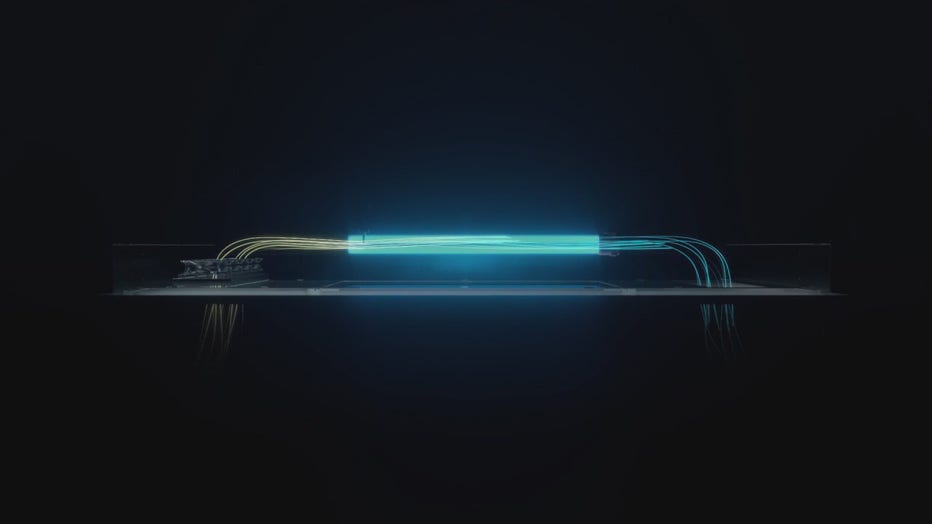Henry Ford Hospital, U-M develop decontamination process with UV-C light for respirator masks
FOX 2 - Doctors and medical researchers at Henry Ford Hospital and The University of Michigan have found a way to decontaminate N95 respirator masks tainted with COVID-19.
"This is a great instance of thinking outside box," said Jonathan Sexton, director of the U-M Center for Drug Repurposing. "We took several masks through this process applied live virus to them and reproduce what a mask would experience out in the field. And then put it in the device and sterilized it."
So what made this decontamination process effective? Ultraviolet-C light also known as UV-C, a method typically used to treat rare skin diseases.
"UVC when it hits DNA, it denatures it, so it damages it, it just doesn't go very deeply," he said.
When the right dose of UV-C is applied to a mask.... it can destroy Coronavirus in minutes....and the shape and... integrity of the mask is still preserved.
"We basically could not detect any live virus after the mask had been exposed," said Sexton.
Researchers say they are confident in their findings and how it can help medical workers.
"I feel confident that I would personally wear one of these respirators again," said Dr. David Ozog, chair, Henry Ford Health System Department of Dermatology.
"This was all about our healthcare workers," Sexton said.

These researchers maintain that although highly effective, this sterilization process should only be used when there is a severe shortage of N95s.
But many are looking to use this practice of decontamination in other areas
"They have devices now that are in the upper part of the room," Sexton said. "Where, when you have air that recirculates, UVC hits any contaminates and that air gets recirculated."

